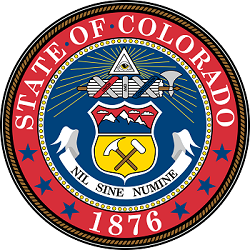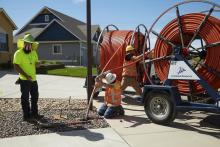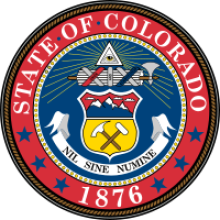Municipal Broadband in Colorado Big Winners In Latest Wave Of State Grants
Colorado has long been home to some of the most innovative municipal broadband projects in the country. That trend has only accelerated with last year’s voter-approved elimination of municipal broadband restrictions, and it’s now being buoyed by a massive new wave of state grants that should further expand affordable broadband to long-neglected parts of the state.
Colorado Gov. Jared Polis recently announced the first of multiple broadband investments using stimulus funding from the U.S. Treasury’s Capital Projects Fund (CPF) program. The CPF is funded by $10 billion made possible by the American Rescue Plan Act (ARPA), and is a key part of the state’s goal to bring affordable broadband to 99 percent of Colorado residents by 2027.
According to the Governor’s office, the state just authorized $113 million in CPF funds on 13 projects that will bring fiber service to nearly 19,000 homes and businesses across Colorado. State officials say the funding will be heavily focused on projects in the South and Southwest portion of the Centennial State, where connectivity needs are greatest.

The Colorado Broadband Office says it received 112 applications asking for more than $642 million in broadband funding across the state–five times greater than the allotted awards.



